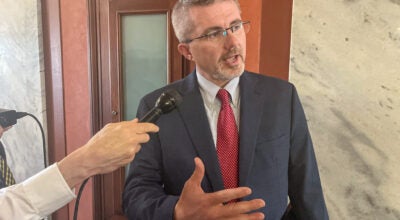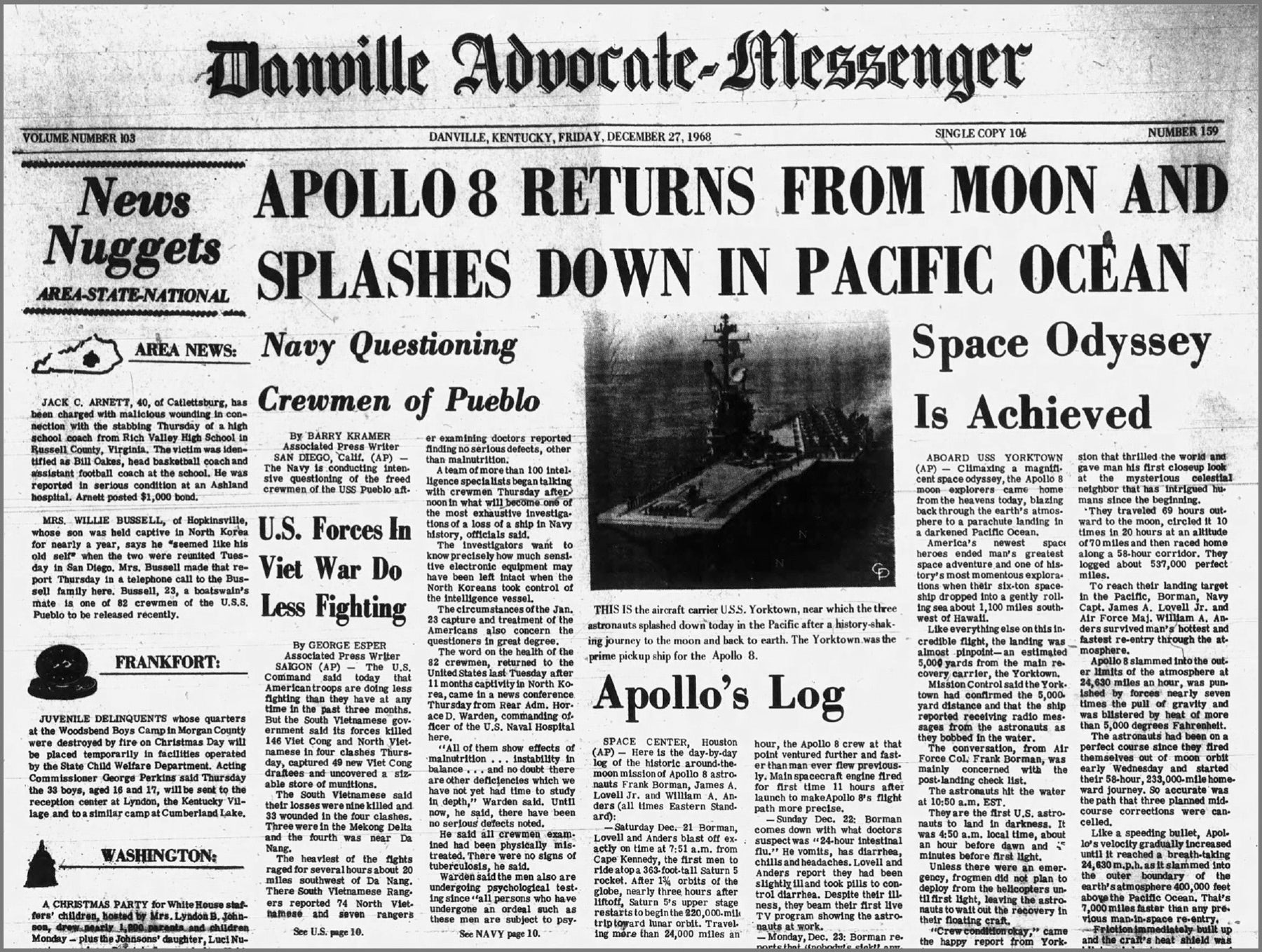Tobacco no longer king; Boyle farmers face hardship nearly 20 years after buy-out
Published 4:47 pm Thursday, September 10, 2020
Before the Fair and Equitable Tobacco Reform Act of 2004 ended the tobacco quota program and established the Tobacco Transition Payment Program, or the “tobacco buy-out,” tobacco farms were all over the eight-state burley tobacco belt, with Kentucky as a major producer.
With the elimination of the quota program as a result of the buy-out, tobacco quota holders and producers transitioned to the free market, and the program provided annual transitional payments for 10 years to those who were eligible, according to the United States Department of Agriculture Farm Service Agency. However, this program has affected the livelihoods of tobacco farmers in the burley belt as they have needed to diversify their farming to include different crops and other agricultural products and adapt to the cost of production increasing — like the cost of labor, fertilizer and other expenses — while the price of tobacco per pound when it’s sold decreases or stays stagnant.
Jerry Rankin is one of about three tobacco producers in Boyle County where once, he said, there were more than 1,000 tobacco growers. He is also the largest tobacco producer in the county and owns Farmers Tobacco Warehouse, where tobacco is sold. About seven or eight years ago, he grew about 103 acres of tobacco and now grows about 60. Tobacco isn’t all he produces — he also has cattle and corn on his farm. Still, he’s felt a harmful impact from the buy-out.
“Tobacco’s not the only thing, but it really has hurt me in a big, big way, and this warehouse is supposed to be making money, but we’ve lost money the last four or five years except for last year,” Rankin said.
Rankin grew up on a tobacco farm, and he was eight years old when he first sat on a tobacco setter, which two large draft horses pulled. He has managed his farm since he was in his 20s, and he’s been growing tobacco for about 56 years. When he first started tobacco farming, he and his family gassed the tobacco beds with gas machines pulled by mules. This sanitized the ground and kept weeds away. Now, tobacco plants can be prone to disease, and he gets fewer pounds of tobacco per acre than when he first started.
When it comes to the process of tobacco production, Rankin runs two stripping rooms. As soon as 10,000 to 15,000 pounds of tobacco is stripped from its stalks, it’s taken to the warehouse to be weighed and sold. Most of the time, the tobacco is sold right on the warehouse floor. Rankin said he used to have contracts but doesn’t currently, and most of the tobacco sold at the warehouse is then used for cigarette production after it leaves the warehouse.
Prior to the buyout, Rankin said, the warehouse wasn’t just a place to sell but was also a community.
“Before the buyout, when we would have a sale, there’d probably be 50 to 75 farmers that would come, and a lot of times they’d bring their wives and kids to the warehouse,” Rankin said.
Tommy Kirkpatrick, who manages Farmers Tobacco Warehouse, said families used to cut and house the tobacco together on their farms instead of relying on the labor of migrant H-2A Temporary Agricultural Workers, which Rankin’s farm relies heavily on now. The migrant workers are also more expensive to get to work on the farm than locals would be, Rankin said, but few locals, especially young people, farm anymore.
Kirkpatrick said also before the buy-out, one thing that fostered a sense of community was that families who did business with each other would cook for each other and spend time together.
Kirkpatrick said though some farmers now sit outside the warehouse and tell stories for hours when they do business there, much of that prior sense of community has been lost.
Though there is a stigma surrounding tobacco due to the health hazards smoking presents, Kirkpatrick said tobacco farmers and cigarette production are viewed somewhat as separate entities.
“I think anytime people just kind of come and see the product and especially if you come during the season, when you see the farmers working hard, bringing it in, putting it up, that it’s something they’re very proud of, even though there is a stigma, on the other side, of cigarettes, there’s not really a stigma around us of growing tobacco,” Kirkpatrick said. “Most farmers feel that they produce a quality product that is legal, and that’s their thought of it.”
Tobacco manufacturers often buy tobacco from farms in other countries and not from domestic farmers, Rankin said, so to him it seems they don’t prioritize domestic farmers or quality of product since they can buy it cheaply from other countries and then, if it’s not a quality tobacco product, blend it and get it to taste a certain way.
Rankin said before the buy-out, there were about 44,700 tobacco growers in the burley belt, producing hundreds of millions of pounds of tobacco. Now, 52 million pounds is what companies purchased last year from the burley belt because there are so many fewer growers and so much less production in the area.
“And it won’t be that this time,” Rankin said. “It won’t be near 52 million.”
The hardships tobacco production is facing also apply largely to agriculture as a whole, said Jerry Little, Boyle County extension agent for agriculture/natural resources. When it comes to tobacco specifically, Boyle County now grows fewer than 100 acres of tobacco, and it’s been a struggle because in the past, growing tobacco was widespread and could help a family pay off payments on a farm or other expenses, Little said.
Though agriculture has been deemed essential during the COVID-19 pandemic because people need to eat, farmers can’t set their own prices and are subject to the open market based on supply and demand, Little said.
“Agriculture right now is having a tough time as far as the ag economy has been hit hard, not just because the tobacco — a lot of it’s gone now — but also the virus and everything else,” Little said. “It’s an uphill battle right now. It’s tough for these farmers out here.”





